Transaction at a commercial bank. Photo: Giang Huy
This content is in the Law on Credit Institutions (amended) passed by the National Assembly on January 18. Accordingly, from July 1, 2024 when this law takes effect, banks must comply with many stricter regulations on shareholder ownership ratios as well as information transparency.
According to the Law on Credit Institutions issued since 2010 (current), banks only have to publicize information of members of the board of directors, supervisory board, executive board and related persons... Banks listed on the stock market have additional provisions of the Securities Law to disclose information to major shareholders and related persons holding 5% or more of capital. However, the recently passed amended Law on Credit Institutions requires publicizing the full names of individuals and organizations that are shareholders owning 1% or more of charter capital and related persons on the bank's website.
Annually, credit institutions shall disclose this information to the General Meeting of Shareholders, General Meeting of Members, and Board of Members of the credit institution.
In addition, "related persons" under the amended Law on Credit Institutions are also expanded to include parents, adoptive parents, stepfathers, stepmothers, parents-in-law; adopted children, sons-in-law; half-siblings; brothers-in-law, sisters-in-law, brothers-in-law, brothers-in-law, sisters-in-law of the same parents or half-siblings.
In addition, paternal and maternal grandparents; grandchildren; paternal and maternal uncles, paternal and maternal aunts, paternal and maternal uncles and nieces and nephews are also considered "related persons" under the new Law.
Other legal entities and individuals with potential risk relationships to the operations of a credit institution as determined by the bank's internal regulations or at the request of the State Bank through inspection and supervision, are also considered "related persons".
Another important point in the revised Law on Credit Institutions is the reduction of the ownership limit for institutional shareholders (including shares that such shareholders indirectly own) from 15% to 10%; for shareholders and related persons from 20% to 15%. The ownership limit for individual shareholders remains the same as the current one, which is 5%.
From July 1, shareholders and related persons owning shares exceeding the ceiling under new regulations will still be maintained but will not be allowed to increase, except in the case of receiving dividends in shares.
New regulations - reducing the ownership ratio of shareholder groups or transparency of information with shareholders holding 1% or more of capital - aim to limit the situation of backyard businesses dominating bank operations.
In fact, the percentage of individuals and organizations holding shares in banks or borrowing capital can be easily counted and monitored. However, the real owners who hold controlling power are not revealed in the records if they ask or hire others to hold shares on their behalf or set up "ghost" enterprises to borrow capital. The investigation results at Saigon Bank (SCB) clearly show this situation.
The State Bank also acknowledged that it is difficult to have any regulations to handle the issue thoroughly, but it is necessary to handle it comprehensively, including the contents of the amended Law on Credit Institutions and other solutions such as connecting national data on population, business registration as well as coordination of relevant state management agencies, inspection, investigation and auditing agencies.
HA (according to VnE)Source


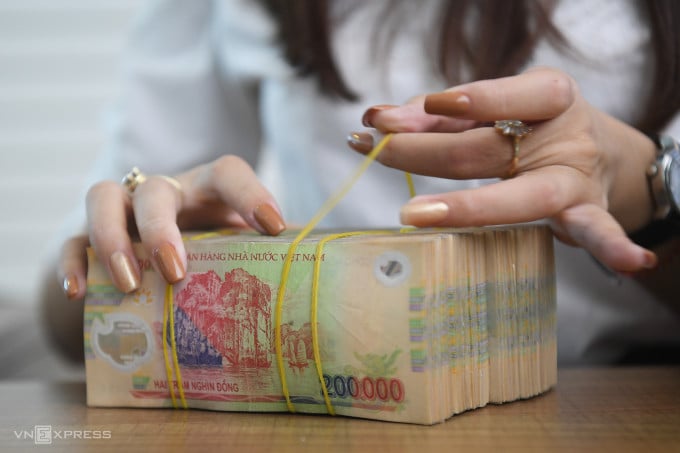

![[Photo] National Assembly Chairman Tran Thanh Man receives a business delegation from the Europe-ASEAN Business Council](/_next/image?url=https%3A%2F%2Fvphoto.vietnam.vn%2Fthumb%2F1200x675%2Fvietnam%2Fresource%2FIMAGE%2F2025%2F11%2F24%2F1763989198212_ndo_br_bnd-7394-jpg.webp&w=3840&q=75)

![[Photo] Prime Minister Pham Minh Chinh attends the patriotic emulation congress of the banking sector](/_next/image?url=https%3A%2F%2Fvphoto.vietnam.vn%2Fthumb%2F1200x675%2Fvietnam%2Fresource%2FIMAGE%2F2025%2F11%2F24%2F1763981997729_tt-nhnn-jpg.webp&w=3840&q=75)


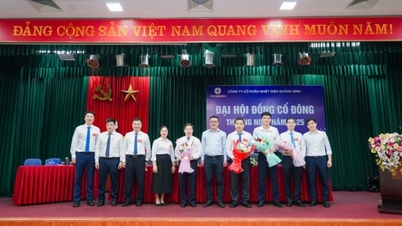














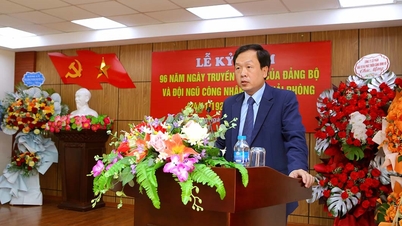

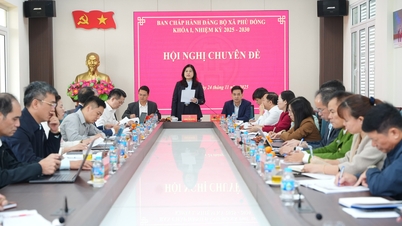



![[Photo] Next to the "mountain of trash" after the flood, Tuy Hoa residents strive to rebuild their lives](/_next/image?url=https%3A%2F%2Fvphoto.vietnam.vn%2Fthumb%2F1200x675%2Fvietnam%2Fresource%2FIMAGE%2F2025%2F11%2F24%2F1763951389752_image-1-jpg.webp&w=3840&q=75)




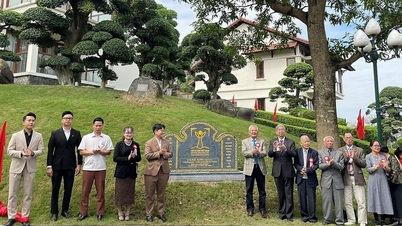














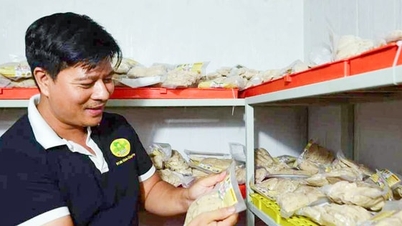





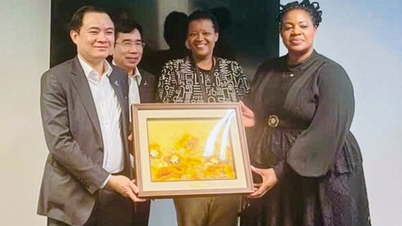
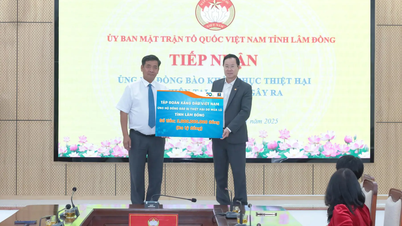






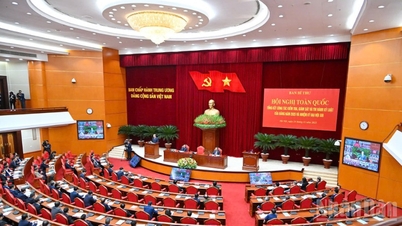






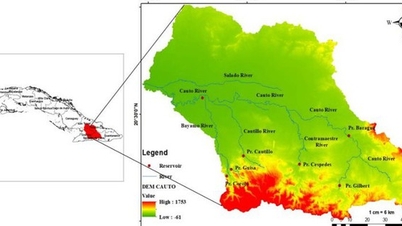

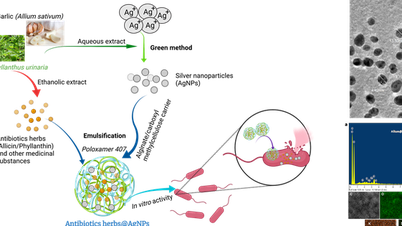


























Comment (0)